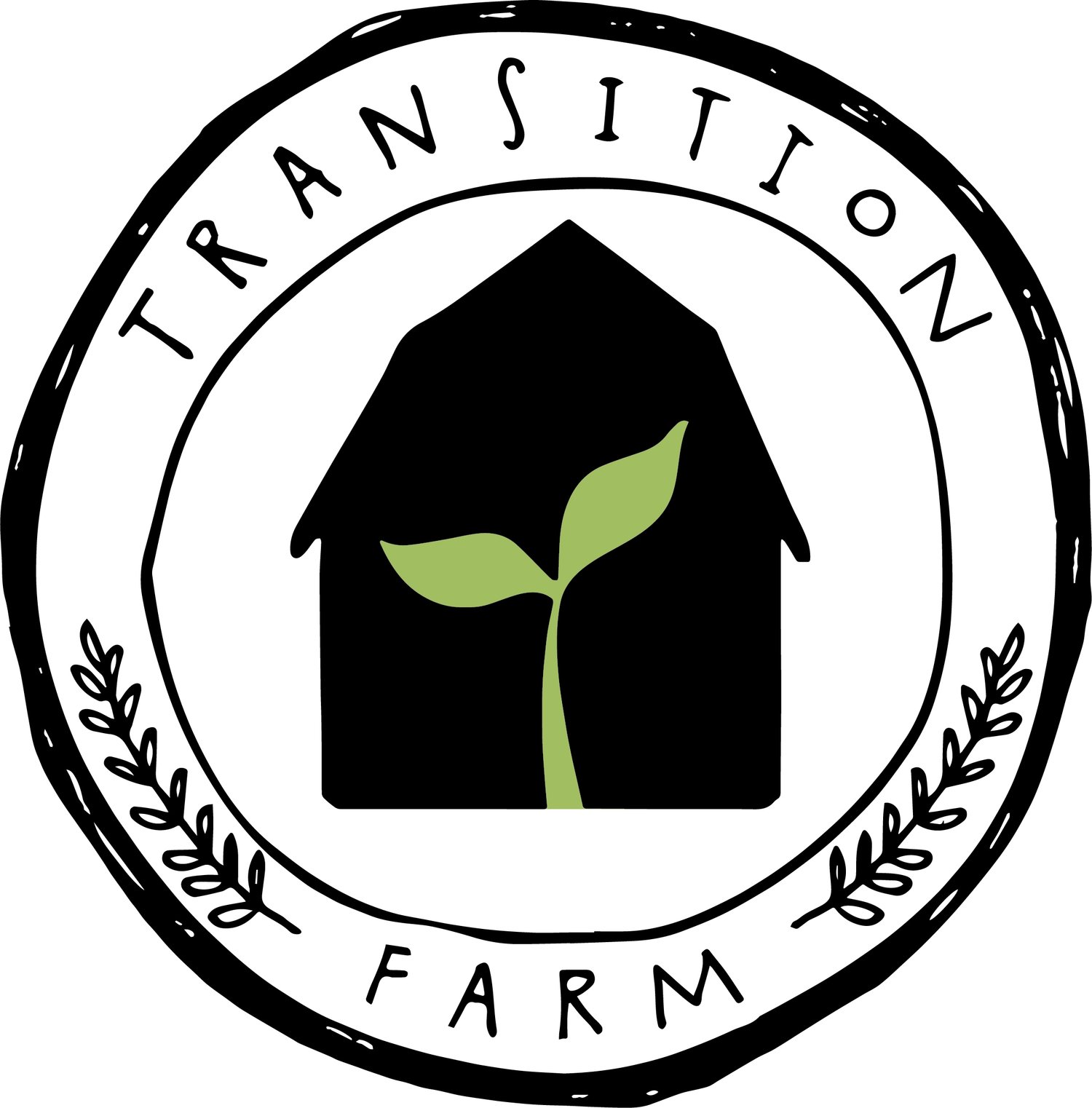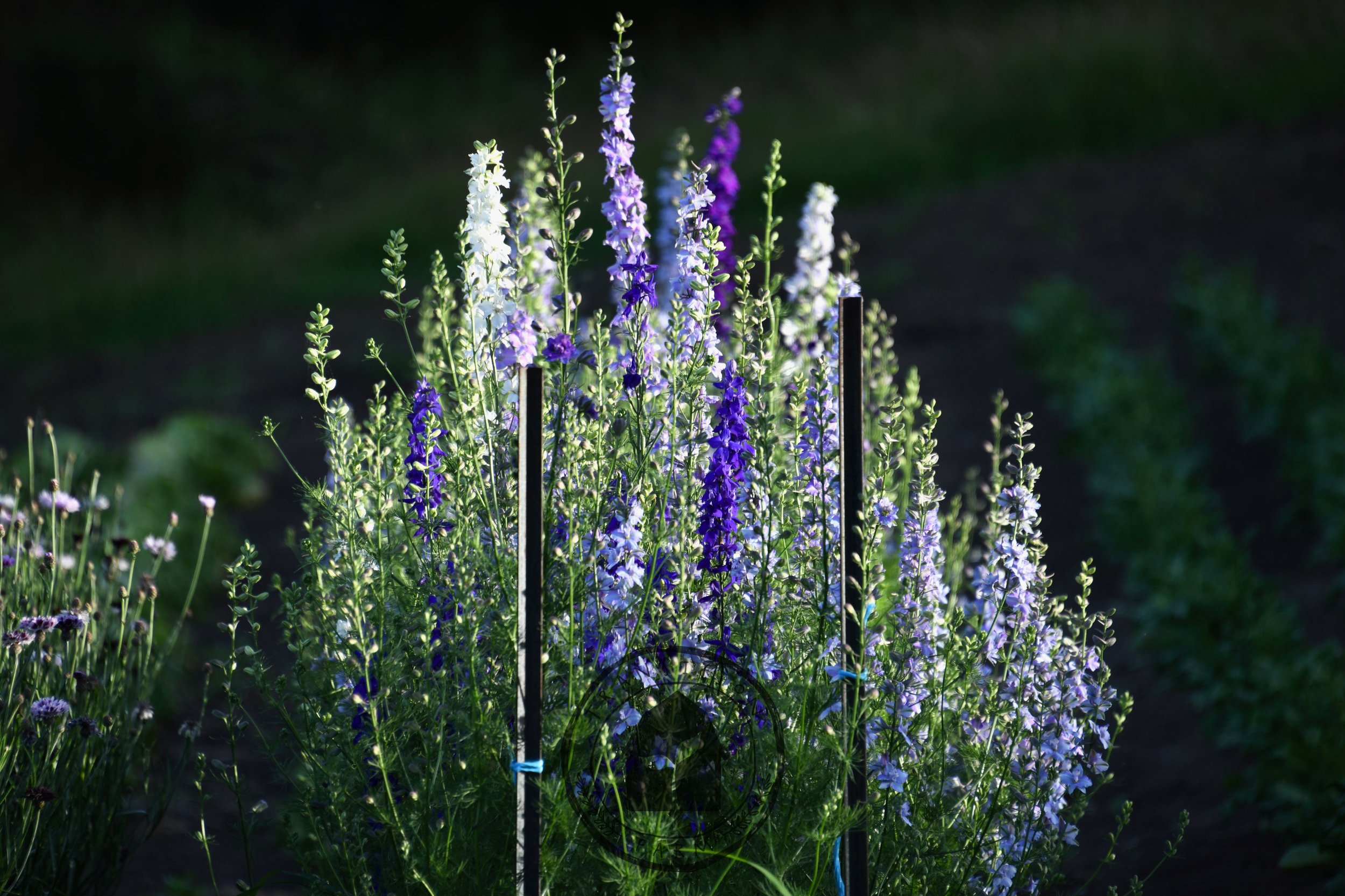CSA Summer Share 2015-Week #9 (4 March/6-7 March)
/CSA SUMMER SHARE WEEK #9We will open the cherry tomato crop up to U-picking! This is the last week we will harvest cherry tomatoes for the boxes as the crop will be available for you to U-pick during farm pick up times. Late summer is a great time to see the farm with late blooming sunflower rows, 2m high corn stalks, Autumn brassicas, beans, Autumn peas germinating, the pumpkins ripening, chickens in the buckwheat green manure crop...It looks fantastic and abundant! Please bring your own containers. Limit a 1 kilo bucket per family.
Farm pickup is 2-5pm Fridays and 8-11am Saturdays. Box pickup is available at other times by appointment only. U-pick is only available during farm pick up times.
We have had several members let us know how the box is working for them and send through recipes that they have enjoyed. We really appreciate the feedback (as we start planning for next season in April) and the tested recipes are a great addition to our newsletter! Please email or talk to us on the farm. We really do want to know what you are enjoying and what you find more challenging to work with.
NOTES ON WHAT'S GROWING Our first zucchini crop which has been producing since November succumbed to powdery mildew. The second crop is as well. We have a third crop planted but it has not yet started producing so there may be a few weeks of no zucchini. The cooler nights and heavy evening dews do bring powdery mildew. The cooler January did not help with this. We are seeing the mildew in the melons, cucumbers and zucchini crops.
The beans are still going strong as is the sweet corn. And we have begun harvesting pumpkins! This week there are Pottimon and Butternuts. The larger pumpkins are still ripening in the field. We also had a look at the sweet potato crop. We will begin harvesting those in about two weeks and then cure them to allow the sugars to fully sweeten. The leeks are looking great! And there are plenty of carrots. The storage onions are beginning to dry and we have parsnips and turnips growing. The first of the Autumn broccoli crops looks to be a few weeks away from harvest. And the Autumn peas have been planted!
We will be sending a letter in the next week to confirm your interest in the Autumn Share which starts in April and goes through until June.
NOTES ON STORING THE HARVEST Please check out our Vegetable & Fruit page on the website to find tips on maximizing the life of your veggies. We envisage that many of the vegetables you are receiving this week will last for two weeks with careful attention to storing upon arrival. Although we do wash all the greens after harvest, we are washing to take the heat out of the plants and wash away some surface dirt, not to prepare them for consumption. We also spray a seaweed/herb brew about every ten days. While this will not harm you, it does have a taste. We do suggest washing your produce prior to eating.
RECIPE SUGGESTIONS
EGGPLANT IN A THAI GREEN CURRY
This fantastic Thai green curry recipe features eggplant and red pepper (carrots make a great substitute if these are not in season). You can add cauliflower, zucchini, beans…really any other stir fry vegetables you have in the fridge. The homemade green curry paste is what makes this dish such a lovely combination of distinct flavours, so don’t be tempted to substitute the store-bought variety. Top the curry with fresh basil.
Ingredients
1 can good-quality coconut milk
3 Asian eggplant (the long thin ones), sliced diagonally into 1cm thick rounds
1 red bell pepper, cut into bite-size pieces
1/3 cup fresh Thai or sweet basil
1/2 cup stock (I use chicken)
Green Curry Paste
3 stalk fresh lemongrass, minced
250 grams green chilies, sliced (if you can’t find Thai chilies, jalapeno will work)
1 shallot, sliced OR 1/4 cup diced red onion
4-5 cloves garlic, chopped
1/4 cup of fresh galangal OR fresh ginger, sliced
approx. 1 cup chopped fresh coriander/cilantro, leaves & stems
1/8 cup coriander seeds, roasted and ground
1 tbsp cumin seeds, roasted and ground
1/2 tsp whole white pepper, ground
2-3 tbsp fish sauce
1 tsp shrimp paste
1 tsp palm sugar or brown sugar
1 tbsp lime juice
Method
1. Place all ‘Green Curry Paste’ ingredients together in a food processor, blender, chopper, or pestle & mortar. Add up to 1/4 can of the coconut milk, enough to help blend ingredients (reserve the rest for later). Process (or pound) well to create an aromatic Thai green curry paste. If you don’t have a food processor or chopper: try using a blender, or finely mince all ingredients by hand and stir together well.
2. Heat a wok or deep frying pan over medium-high heat. Add 2-3 Tbsp. oil and swirl around, then add the green curry paste. Stir-fry briefly to release the fragrance (1 minute), then add the vegetables which take the longest to cook like carrots and cauliflower. Stir for 2 minutes coating with spices.
3. Add the stock and bring to a boil. Stir and reduce heat to medium or medium-low. Simmer 6-10 minutes (until the carrots start to tender).
4. Set aside 1/4 cup coconut milk, reserving it for use later (the thick cream is best). Add the rest of the coconut milk to the curry, plus the eggplant and beans (if using). Stir everything together, cover, and simmer another 7-8 minutes, or until eggplant is tender enough to pierce with a fork.
5. Add the bell pepper. Cover and simmer another 2-3 minutes, or until everything is well cooked.
6. Remove from heat and gently stir in the 1/4 cup reserved coconut milk. Taste-test, adding more fish sauce if not salty or flavorful enough. Add more lime juice if too salty or sweet for your taste. Add more sugar if not sweet enough. More chili can also be added.
7. Serve with a generous amount of fresh basil and or more coriander.
BEET AND CARROT SALAD
This is a quick recipe (10 minute) that we make alot for farm lunches.
Ingredients
2 large beets grated
2 large carrots grated
100 grams feta crumbled
1/2 cup chopped coriander leaves
1/4 cup white balsamic vinegar
1/2 cup extra virgin olive oil
salt and pepper to taste
Method
1. I use a food processor to grate the beetroot and carrot.
2. In a bowl, crumble the feta. Add oil, vinegar, salt and pepper and coriander.
3. Add beetroot and carrot and mix roughly. Serve over lettuce or as a side.
MINISTRONE
...if you find that your fridge is starting to stockpile old veggies, Make Soup!
I have been told that every region in Italy has its own ministrone. Keep that in mind when you are making this, substituting and adding anything you feel works. I have written the straight recipe from Slow Cooking by Joanne Glynn.
Ingredients
220 gms dried borlotti beans
50 gms butter
1 large onion, finely chopped
1 garlic clove, finely chopped
15 gms parsley, finely chopped
2 sage leaves
100 gms pancetta, cubed
2 celery stalks, halved then sliced
2 carrots, sliced
3 potatoes, peeled
1 tsp tomato paste
3 roma tomatoes chopped or 400 gm tin chopped tomatoes
8 basil leaves
3 litres chicken or vegetable stock
2 zucchinis, sliced
220 gms shelled peas
120 gms green beans, cut into bite sized lengths
1/4 cabbage shredded
150 g small pasta
6 tablespoons pesto
grated parmesian cheese
Method
1. Put the borlotti beans in a large bowl, cover with cold water and leave to soak overnight.
2 Next morning, drain and rinse thoroughly under water.
3. Melt butter in a large saucepan and add the onion, garlic, parsley, sage and pancetta. Cook over a low heat, stirring once or twice, for about 10 minutes, or until the onion is soft and golden.
4. Add the celery, carrot and potatoes and cook for 5 minutes. Stir in the tomato paste, tomatoes, basil, and borlotti beans. Season with plenty of freshly ground pepper.
5. Add stock and bring slowly to a boil. Cover and leave to simmer for 2 hours stirring once or twice.
6. If the potatoes have not broken up, roughly break them up with a fork against the side of the pan. Taste for seasoning and add zucchini, peas, beans, cabbage and pasta. Simmer until the pasta is al dente.
7. Serve with a dollup of pesto and Parmesan.
Source – Slow Cooking by Joanne Glynn
ROASTED POTTIMON PUMPKIN
The wonderful nutty flavour of the Pottimon pumpkin skin lends itself beautifully to pumpkin wedges
Ingredients
'Pottimon' pumpkin, deseeded and sliced into wedges (DO NOT Peel)
2 tablespoons olive oil
1 teaspoon ground cumin
1 teaspoon ground coriander
1 teaspoon ground cinnamon
1/2 teaspoon ground ginger
1 tsp mustard seeds
Method
1. Preheat oven to 200C/180C fan-forced. Line a large baking tray with baking paper. Remove and discard seeds from pumpkin. Cut pumpkin into 4cm thick wedges. Combine oil, cumin, ground coriander, cinnamon and ginger in a large bowl. Season with salt and pepper. Add pumpkin. Toss and rub to coat.
2. Place pumpkin in a single layer, on prepared tray. Roast for 25 minutes. Turn pumpkin. Roast for a further 10 minutes or until tender.
3. Remove from oven when toasted. Top with coriander and serve with yogurt (with a bit of harissa mixed in)
You can search our recipes by looking for the key ingredients on our website recipe page
Please note - Photo is a randomly selected full share box except for the whole pumpkin (it depended on the size).













